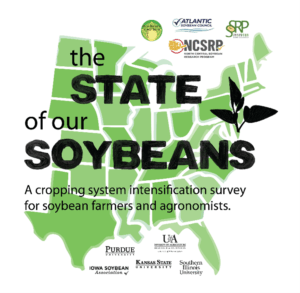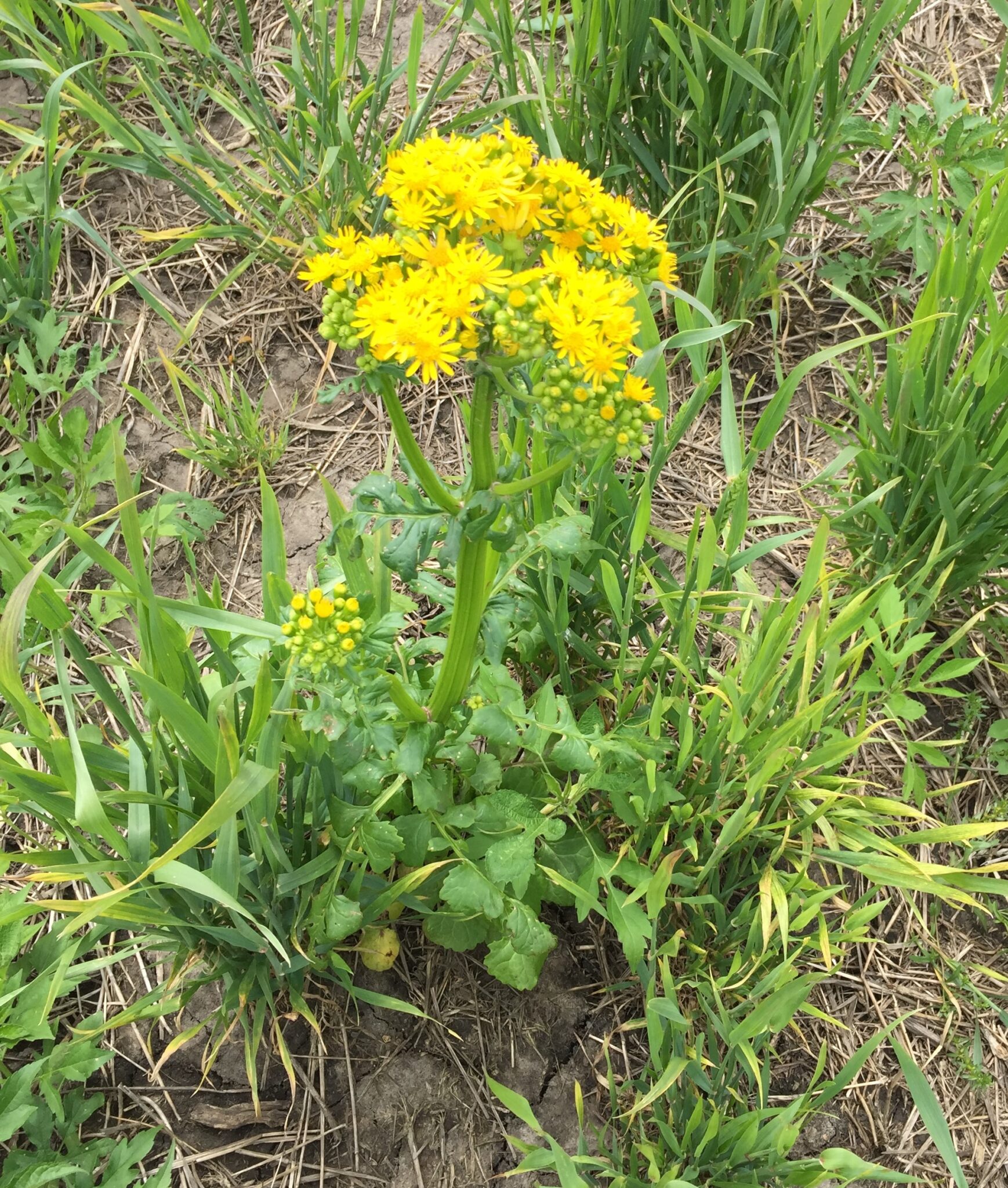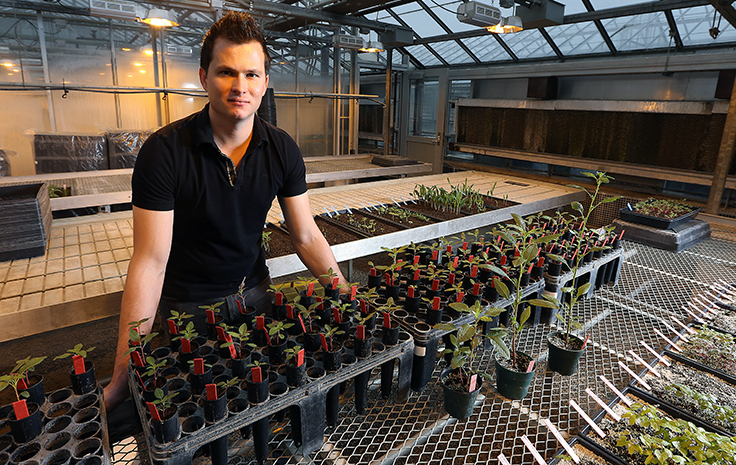
Hello to all of our faithful readers! I hope that the 2025 growing season has started to wind down for most of you and that you’re catching a well-deserved break before harvest season kicks into full gear. I’m writing this post to request your help once again with completing a survey (https://bit.ly/soy-survey) as a part of national research effort between agronomists and weed scientists. This survey will help provide insights into current soybean production practices, weed management strategies, and opportunities for the implementation of alternative production strategies. Agricultural scientists from Kansas State University, Purdue University, the University of Arkansas, Southern Illinois University Carbondale, and the Iowa Soybean Association (in collaboration with the checkoff-funded North Central, Mid-South, South, and Atlantic soybean regions) would like your help in gathering soybean management information, perspectives on intensification methods (including double cropping and intercropping), and economics regarding these management strategies. We would appreciate you taking[Read More…]







